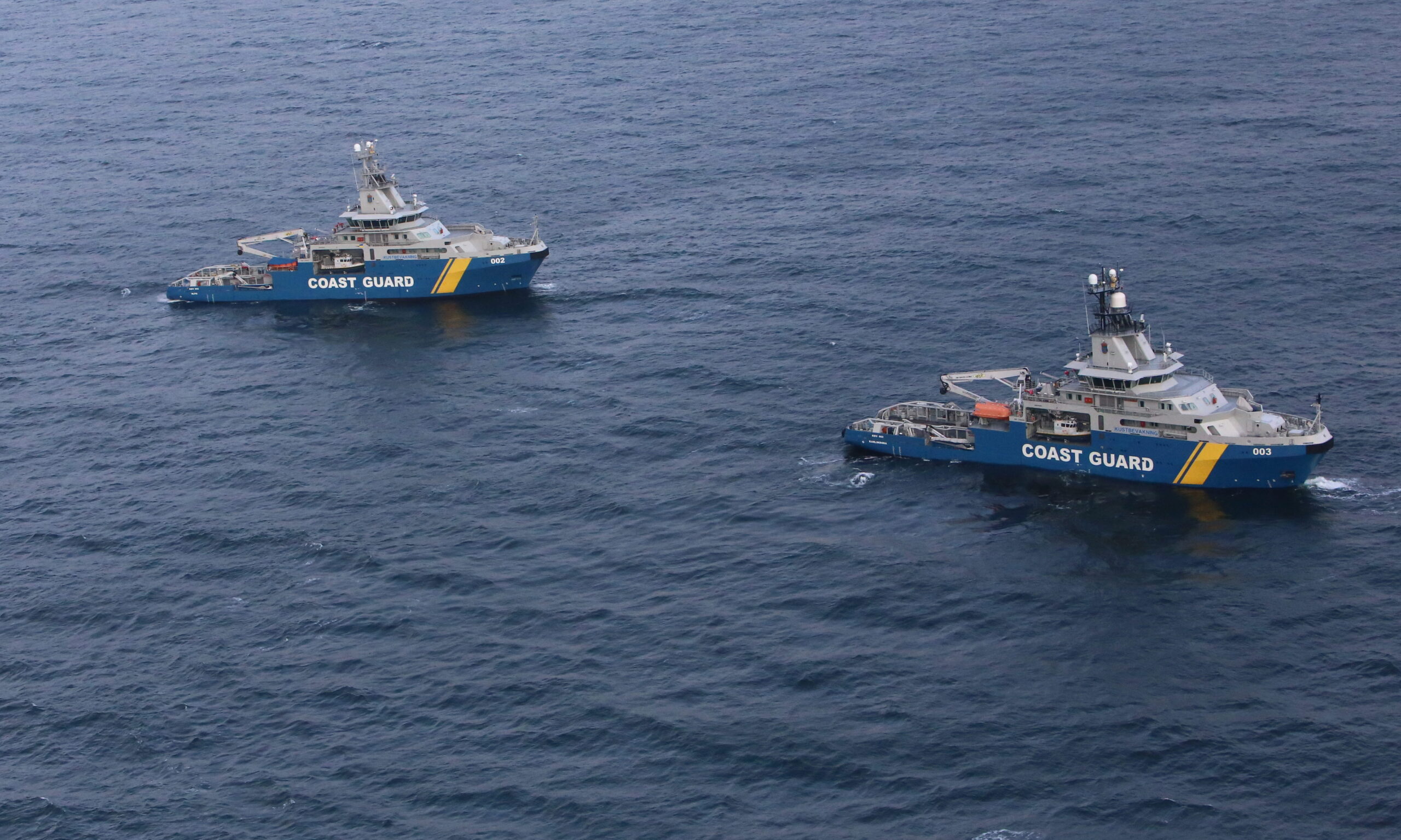Swedish authorities said on Friday they were investigating suspected damage to an underwater cable in the Baltic Sea, the latest in a string of recent incidents of ruptured undersea cables that have heightened fears of Russian sabotage and spying in the region.
The owner of the cable Cinia, a Finnish provider of security for digital environments and a specialist in connectivity and software, said on Thursday that some “disturbance” has been detected on the C-Lion1 submarine cable between Finland and Germany.
However, it clarified that the disturbance does not affect the functionality of telecommunications connections running in the cable and the data traffic continues flowing normally.
The exact cause of the disturbance is still under investigation.
Cinia also confirmed that it submitted a request for investigation to Finland’s National Bureau of Investigation (NBI).
C-Lion1 is a submarine telecommunications cable between Finland and Germany, owned by Cinia, with a length of 1173 kilometers.
The submarine cable was commissioned in 2016 and connects Central European telecommunications networks to Finland and the other Nordic countries.
A statement from Finland’s National Bureau of Investigation said the rupture of a sea cable owned by a Finnish company was discovered on February 19 in Sweden’s exclusive economic zone.
The preliminary inquiry was started on February 20 on the basis of the information and request for investigation obtained. International cooperation is carried out for establishing the course of events.
Separately, the Swedish prime minister Ulf Kristersson issued a statement on X mentioning that the government was being briefed and that damage to any undersea infrastructure was particularly concerning amid the current security situation.
“The government is being kept informed by the relevant authorities who are investigating what has happened,” he said, adding that, “We take all reports of possible damage to infrastructure in the Baltic Sea very seriously.”
“As I said earlier, they must be seen in the context of the serious security situation that exists,” the prime minister noted.
The Baltic Sea region is on alert after a series of mysterious cases of cables severed in the Baltic Sea, blamed by Western officials on Russian sabotage. The Swedish Coast Guard has increased the maritime surveillance in the Baltic Sea.
EU Baltic Sea region police authorities convened in Helsinki on February 12 to strengthen cooperation in the event of maritime incidents.
The meeting was hosted by the Finnish police and was attended by representatives from all EU member states in the Baltic Sea region such as Sweden, Denmark, Estonia, Latvia, Lithuania, Poland, Germany and Norway.
In recent years, a number of incidents and emergencies affecting maritime infrastructure in the Baltic Sea region have highlighted the importance of cooperation between authorities.
The latest meeting discussed, among other things, the tools provided by international cooperation instruments, such as the Prüm Convention.
“It is of paramount importance that we have a clear, common understanding of how we can work together to respond to maritime incidents and ensure the security of the region. Today’s meeting confirmed that there is a strong will to work together and that we have effective operational models at our disposal that we can further develop,” said Finnish national police commissioner Ilkka Koskimäki as he wrapped up the meeting.
Mari Rantanen, minister of the interior of Finland, highlighted that in the changed security situation, authorities need to be able to act and that there must be smooth cross-border cooperation.
During the meeting, participants shared their experiences and views on different types of incidents, such as damage to offshore infrastructure and potential hybrid threats.
Discussions highlighted the need to improve information exchange, harmonise approaches and develop common practices for situations where law enforcement action is needed in maritime areas.
This is a developing story and will be updated.



